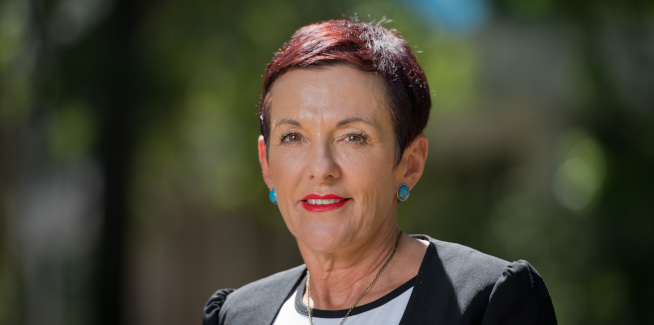The Australian Small Business and Family Enterprise Ombudsman, Kate Carnell, has welcomed the addition of five non-bank lenders as official participants in the federal government’s Coronavirus SME Guarantee Scheme.
The scheme provides eligible small businesses with access to up to $250,000 in unsecured funding for up to three years, including an initial six-month repayment holiday with accrued interest to be amortised over the remaining course of the loan.
Last week, the government made offers to 29 banks and five non-banks, in response to lenders providing expressions of interest, which totalled $34 billion in potential lending to SMEs.
The Treasury stated that non-bank lenders were free to submit an EOI; however, they would be held to greater scrutiny than bank lenders.
Additionally, non-bank lenders were “unlikely” to be allocated funds under the scheme if they were proved to have less than $50 million in assets and/or limited pre-existing SME lending experience.
Despite this, several non-bank lenders have now announced their official participation in the scheme.
According to Ombudsman Carnell, the inclusion of non-banks in the government scheme will mean that SMEs are optimally supported through the economic turmoil caused by COVID-19.
“The inclusion of five non-bank lenders in the scheme means there is a greater chance of credit flowing to viable small businesses that need it,” Ms Carnell said.
“Non-bank lenders are accustomed to lending unsecured and getting funding to SMEs quickly.”
She continued: “It is important the selected fintechs pass on the lower rates for loans under this scheme to small businesses, as they are backed by a 50 per cent government guarantee.
“Essentially, this means the government is taking on half of the risk of the loan and that needs to be reflected in loan pricing. This is something my office will be monitoring closely.”
Ms Carnell also noted that it is “encouraging” that four of the five participating non-banks (Prospa, Moula, GetCapital and On Deck Capital) are signatories to the Fintech Code of Conduct.
“We certainly support the inclusion in the loan guarantee scheme of fintech firms on the proviso they are signed up to the Fintech Code of Conduct, as this commits them to provide a process for complaints handling and transparency around loan rates,” she said.
Prospa CEO and co-founder Greg Moshal welcomed the announcement of Prospa’s participation in the scheme, noting the online lender’s allocation of up to $223 million under the scheme, to be applied to all eligible lines of credit and loans issued between 14 April and 30 September 2020.
“It’s fantastic to see the government understand what small businesses need right now to survive,” Mr Moshal said.
He continued: “The more access small businesses have to working capital, the better it is for the economy.
“The government’s response has been swift and considered, and we look forward to doing our part in providing essential funding to the small-business community,” he concluded.
Liberty CEO James Boyle also welcomed the non-bank’s participation in the scheme.
According to Mr Boyle, Liberty’s experience and understanding of small-business lending will be a “critical” part of supporting SMEs through this difficult economy.
MyState announces official place in SME scheme
Several banks are also part of the Coronavirus SME Guarantee Scheme. NAB released its product for the scheme last month, and MyState Bank has also announced itself as the latest lender to officially partake in the SME guarantee scheme. It will reportedly be offering variable interest rates from 5.5 per cent under the scheme.
Managing director and CEO Melos Sulicich stated that small business was “the backbone” of the economy, and MyState was pleased to assist SMEs navigate this difficult period.
“We’re here to support businesses, and we want to make sure that they not only survive, but are able to flourish when we come out of this emergency,” Mr Sulicich said.
“The funding, guaranteed by the Commonwealth, can help our small and medium enterprises remain in business and prepare for better times ahead.”
[Related: APRA suspends banking licence issuance]
 ;
;
